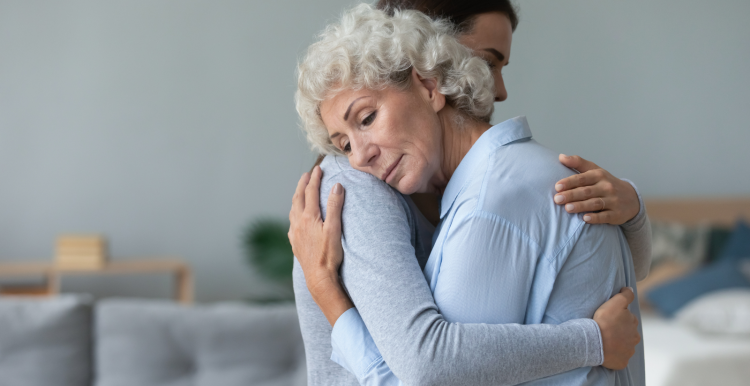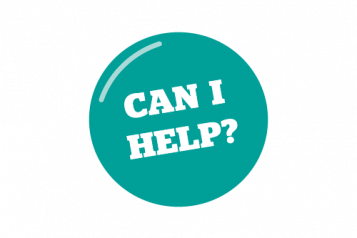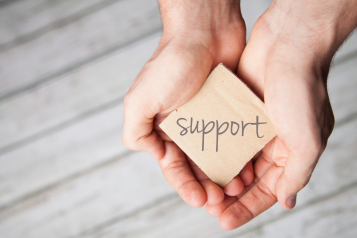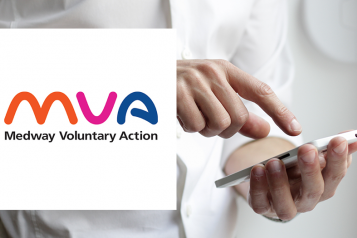All of us will experience grief at some point

Bereavement, grief and loss can cause many different symptoms and they affect people in different ways. There’s no right or wrong way to feel.
As well as bereavement, there are other types of loss such as the end of a relationship or losing a job or home. Some of the most common symptoms include:
- Shock and numbness – this is usually the first reaction to loss, and people often talk about ‘being in a daze’.
- Overwhelming sadness, with lots of crying
- Tiredness or exhaustion
- Anger – towards the person you’ve lost or the reason for your loss
- Guilt
These feelings may not be there all the time and powerful feelings may appear unexpectedly. It’s not always easy to recognise when bereavement, grief or loss are the reason you’re acting or feeling differently.
Stages of bereavement or grief
Experts generally accept that we go through four stages of bereavement or grief:
- Accepting that your loss is real
- Experiencing the pain of grief
- Adjusting to life without the person, or thing you have lost
- Putting less emotional energy into grieving and putting it into something new
Things you can try to help with bereavement, grief and loss
- Try talking about your feelings to a friend, family member, health professional or counsellor – you can also contact a support organisation such as Cruse Bereavement Care or call: 0808 808 1677
- Try the 6 ways to feel happier, which are simple lifestyle changes to help you feel more in control and able to cope
- consider peer support, where people use their experiences to help each other. Find out more about peer support on the Mind website
- listen to free mental wellbeing audio guides
- Don’t try to do everything at one – set small targets that you can easily achieve
- Try not to focus on the things you cannot change. Use your time and energy into helping yourself feel better
- Remember you are not alone – most people feel grief after a loss and support is available
- Try not to use alcohol, cigarettes, gambling or drugs to relieve your grief. Although you might think they are making you feel better, they all contribute to poor mental health
There is support for you.
- Cruse Bereavement Care have lots of information here LINK TO grief and bereavement
- Winstons Wish supports young people and children after someone has died. Find them here < Winston's Wish - giving hope to grieving children (winstonswish.org)
- Sands is here for parents whose baby has died during birth or soon afterwards. Find them here Sands | Saving babies' lives. Supporting bereaved families.
- If you’ve lost someone to suicide, do visit Mind on losing your partner or child in pregnancy
- losing someone to suicide on the Mind website Losing someone to suicide - Mind
The GOV.UK website also has information about what to do after someone dies, such as registering the death and planning a funeral.
Talk to us. We can help you find the right support for you
We’re here for you on freephone 08008 801 0102
Or reach us online here


